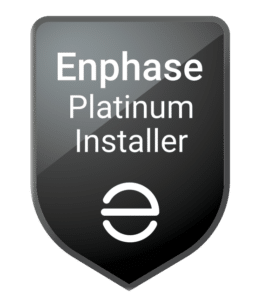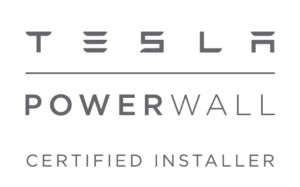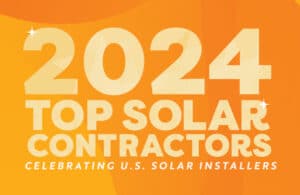Take a deep breath and pat yourself on the back-you’ve just become a new Cape Cod homeowner! You probably have lots of ideas about how you can best upgrade your home to provide decades of stress-free living, comfort, and energy savings-hopefully residential solar panel installation is one of them!
Going solar on Cape Cod might seem complicated, but we can make it stress-free when we break it all down for you. Here are all the basics you need to know if you’re thinking about installing solar panels for your new house in Hyannis, Provincetown, Yarmouth, or anywhere else on the Cape.
What Are the Benefits of Going Solar on Cape Cod?
Towns on the Cape average about 200 days of sunshine every year-that’s a lot of opportunity to soak up free solar energy for your new home! There are many benefits to adding solar panels to your Cape Cod home, including:
-
Reducing your monthly electricity bills and earning net metering credits
-
Taking advantage of Massachusetts’ great solar incentives
-
Adding solar battery storage to help avoid power outages
-
Lowering your home’s carbon footprint
-
Increasing your home’s value
Is Installing Solar Panels on My House Better for the Environment?
Energy generated by solar panels is 100% clean and renewable, so any time that your solar panels are running your home is better for the environment. But what if you’re getting electricity from your local utility company? Did you know that two-thirds of all electricity generated in Massachusetts in 2019 came from natural gas, a finite resource that contributes to greenhouse gas emission? The more clean energy you use to run your home from renewable sources like solar PV panels, the better.
What Are the First Steps to Going Solar on Cape Cod?
First, you’ll need to determine where solar panels could be installed on your home. You’ll want to install the panels in a location where they’ll maximize sun. On the majority of homes, this will be on the roof, but ground-mounted solar panels are also a solution for homeowners with lots of tree shade over their roofs and we can also make solar work for some north facing roofs.
Next, you’ll want to choose between buying, leasing, or financing your solar panels. Buying your panels means paying all cash up front, which many homeowners aren’t able to afford, especially right after buying a new home. Leased solar panels belong to the company that installed them, which means that you won’t be able to benefit from any of the solar incentives-they will (this is one of the reasons why My Generation Energy doesn’t support leasing solar panels). Solar financing is a great third option as you’ll own your panels and will benefit from any solar incentives.
Do Solar Panels Increase the Value of Your Cape Cod Home?
Homes with solar panels installed sell for an average of 4.1% more, according to a recent Zillow study-homebuyers understand the long-term energy savings associated with solar PV and want to live in a home that’s better for the environment. Adding solar panels to your Cape Cod home will not only benefit your family today but has been shown to be a smart investment for the future. Plus, solar panel installation is exempt from Massachusetts sales tax and property tax increases!
What Solar Incentives Would a Cape Cod Home with Solar Panels Qualify For?
Massachusetts is one of the best states in the country for solar incentives, including:
-
Federal Solar Tax Credit (Solar Investment Tax Credit)
-
Solar Massachusetts Renewable Target (SMART) Program
-
Net metering
-
MassSave’s Connected Solutions program (for solar battery storage like Tesla Powerwall, Enphase Encharge, and more )
Under these programs, you can reduce your upfront installation costs, get credits for any excess electricity your panels produce, and even get paid for the energy your panels generate.
How much could these incentives add up to for your new Cape Cod home? My Generation Energy can help you estimate your total savings.
When’s the Best Time to Install Solar Panels On My New Cape Home?
One of the best solar incentives available (and there are many in Massachusetts) is the federal solar tax credit, through which you can qualify for a tax credit totaling 26% of your solar installation costs. That’s thousands of dollars saved. But the solar tax credit won’t be around forever-in 2023, the credit will drop to 22%, and it is scheduled to be completely eliminated for residential solar installation projects by 2024. The sooner you act, the more you stand to save.
How Do I Find the Best Solar Provider Near Me?
When looking for the right solar installer on Cape Cod to handle your solar installation, how much the solar panels cost is only one of the factors you should consider. After all, you want your solar panels to last for decades to come, and you want peace of mind that if there is an unexpected issue that you’ll be working with a company that will provide excellent customer service down the road.
My Generation Energy has installed hundreds of solar panels on homes throughout Cape Cod since the start of the state’s SMART program in late 2018. We’re a local company based right here in Hyannis that’s focused on installing solar PV systems designed to last-read our customer reviews, check out solar installation projects we’ve done on Cape Cod, and make up your own mind about the quality of our work.





